X (Twitter) and disinformation: how Musk's changes contribute to its spread
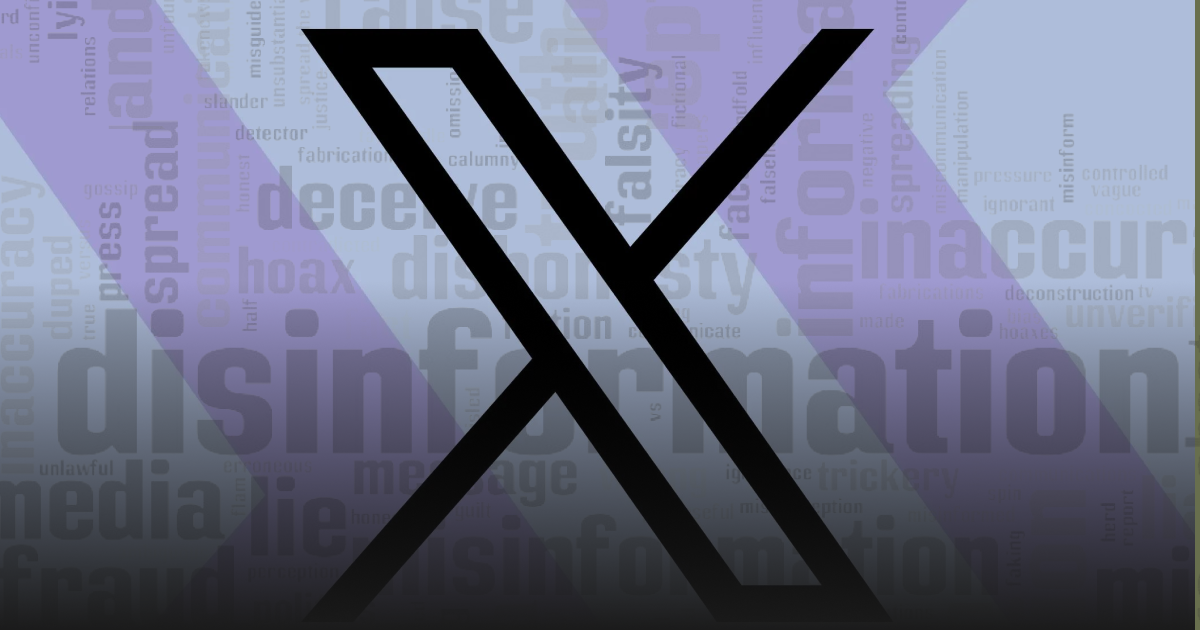
What is going on?
Recently, Elon Musk endorsed an anti-Semitic tweet. One user wrote that "Jewish communities spread hatred against whites" and that "Jews want to flood the country with non-white people to drive out the white population".
"You have said the actual truth," Musk replied.
Because of this, Apple, Disney, Comcast, Warner Brothers Discovery, Paramount and Lionsgate suspended advertising on X (Twitter).
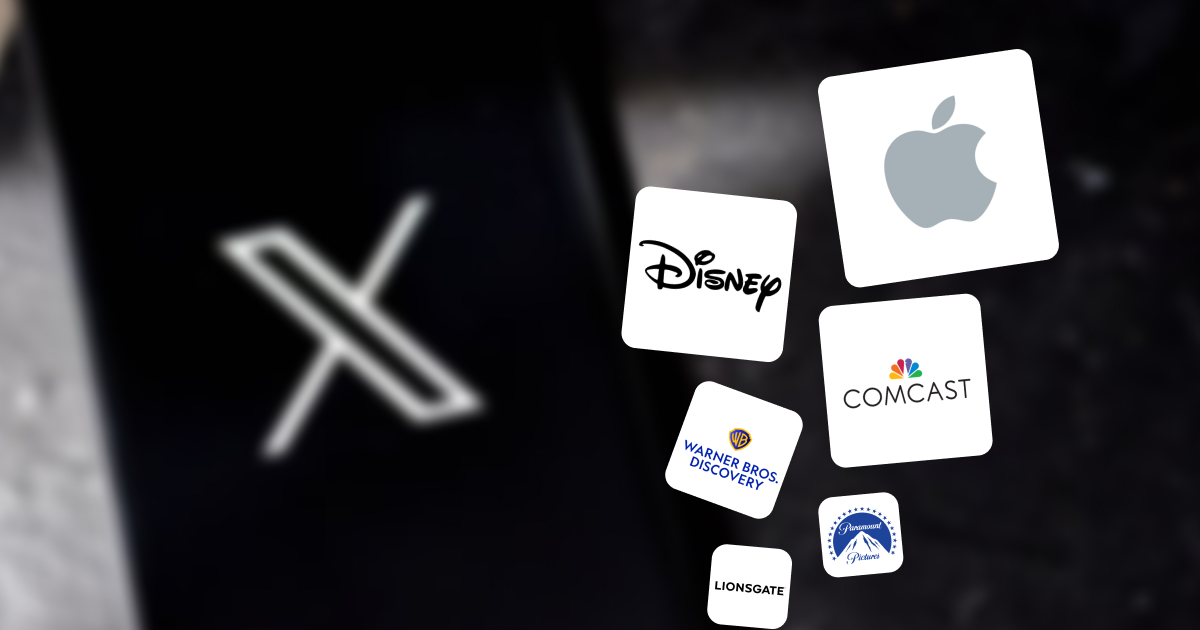
On November 17, Media Matters for America found out that ads on X (Twitter), for which the companies paid money, were displayed next to content promoting Adolf Hitler and the Nazi Party and denying the Holocaust.
In response, Elon Musk promised to file a lawsuit against Media Matters and "everyone who participated in the fraudulent attack on the company."
However, Musk's X policy has long been a cause for concern, especially in the context of the upcoming US and EU elections. The European Union has even introduced a law requiring significant platforms to step up their fight against disinformation. At the same time, some studies show that X has problems with this.
For example, a study by the European Commission found that the changes made by Elon Musk to Twitter's security policy contributed to the increase in the reach of Russian propaganda about the war in Ukraine.
EU law on digital services
In August, the EU's Digital Service Act came into force, designed to combat disinformation and illegal content online. The law tightens controls over 19 major platforms, including Facebook, Instagram and X (Twitter).
According to the law, large platforms and search engines with an audience of more than 45 million unique users per month must monitor the content they post and pay fees to supervisory authorities.
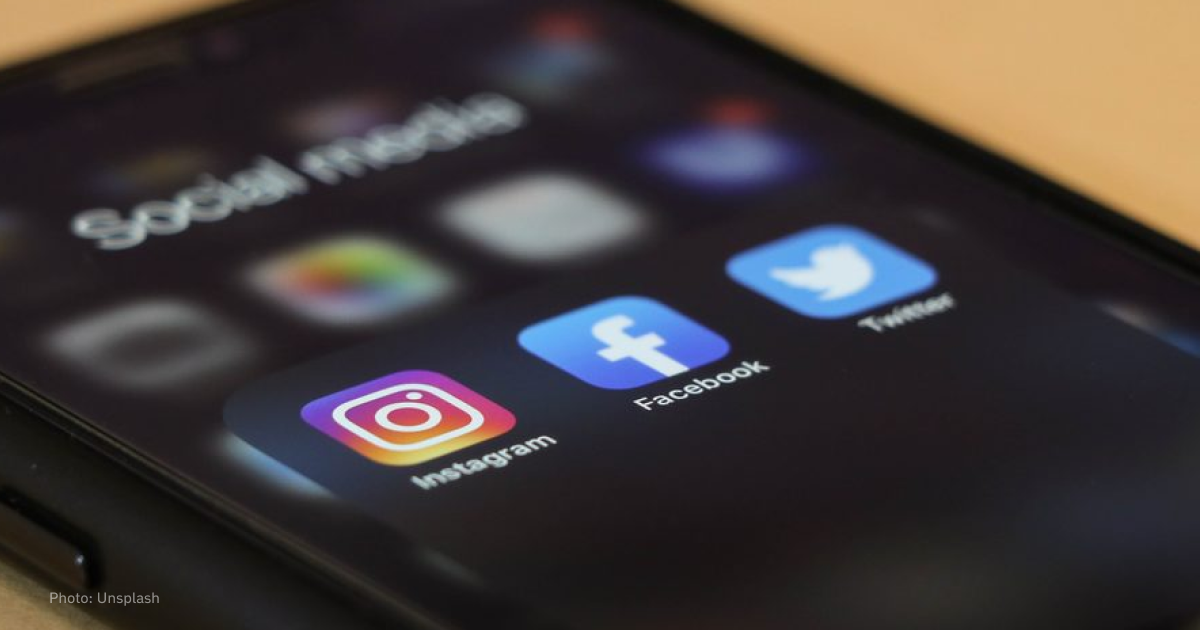
In case of violation, they face fines of up to 6% of their annual global turnover and a ban on operating in the EU for repeated offences.
On November 17, the European Commission's Communications Department asked all EU executive services to stop displaying ads on social media platform X due to concerns about disinformation.
X and Russian propaganda
The Washington Post wrote that large corporations had previously voluntarily agreed to take action against Russian propaganda. However, an EU study has shown that the amount of propaganda on social media is growing.
In 2022, the audience and reach of Russian-linked accounts increased significantly across Europe. The number increased, especially in the first half of 2023, mainly due to changes in X (Twitter) security standards.
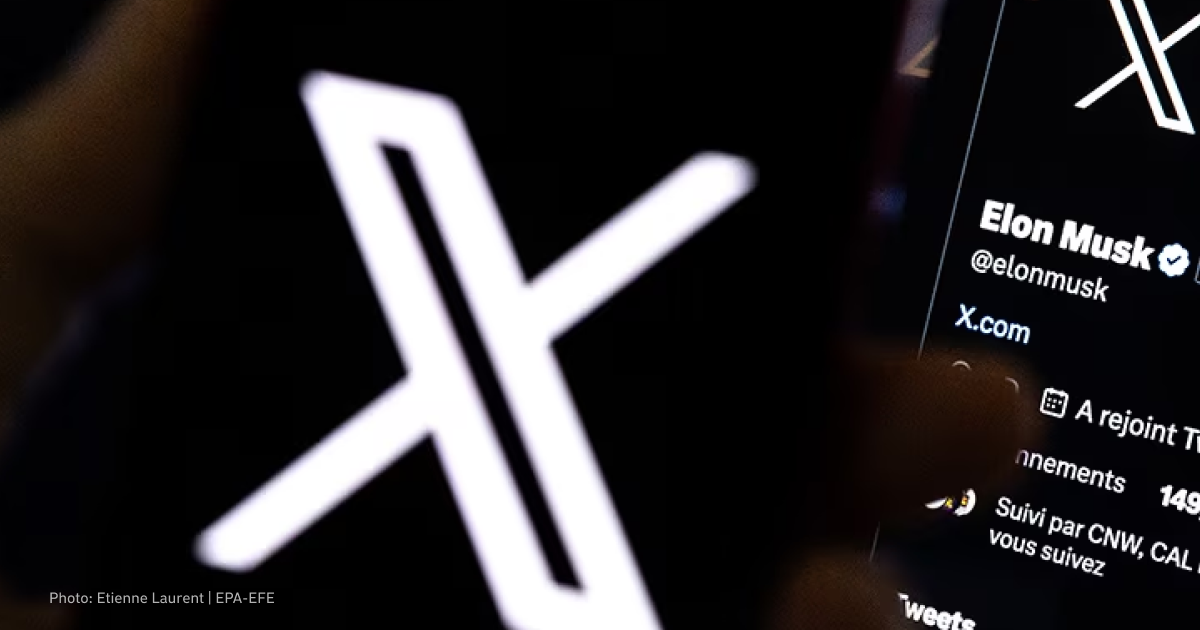
At the same time, X (Twitter) is not the only social network that has failed to stop the spread of Russian propaganda. Instagram and Facebook also have issues.
The reach of pro-Russian accounts on social media increased between January and May 2023, with the average engagement on online platforms rising by 22%.
EU sees X as the most significant source of Russian disinformation
In September, Bloomberg wrote that X (Twitter) is the largest source of disinformation. At the time, European Commission Vice President Věra Jourová said platforms should fight disinformation ahead of next year's national and European elections.
Most major platforms have agreed to work with the EU on a voluntary code of conduct to set industry standards for verification.
"X, which is no longer under the code, is the platform with the highest rate of posts with false information or disinformation,"
Jourová said.
She noted that the surge in Russian disinformation was particularly acute in Slovakia in the run-up to the September 30 parliamentary elections.
Following the Hamas attack on Israel, the EU is investigating the possible spread of terrorist and violent content and hate speech on Х (Twitter).
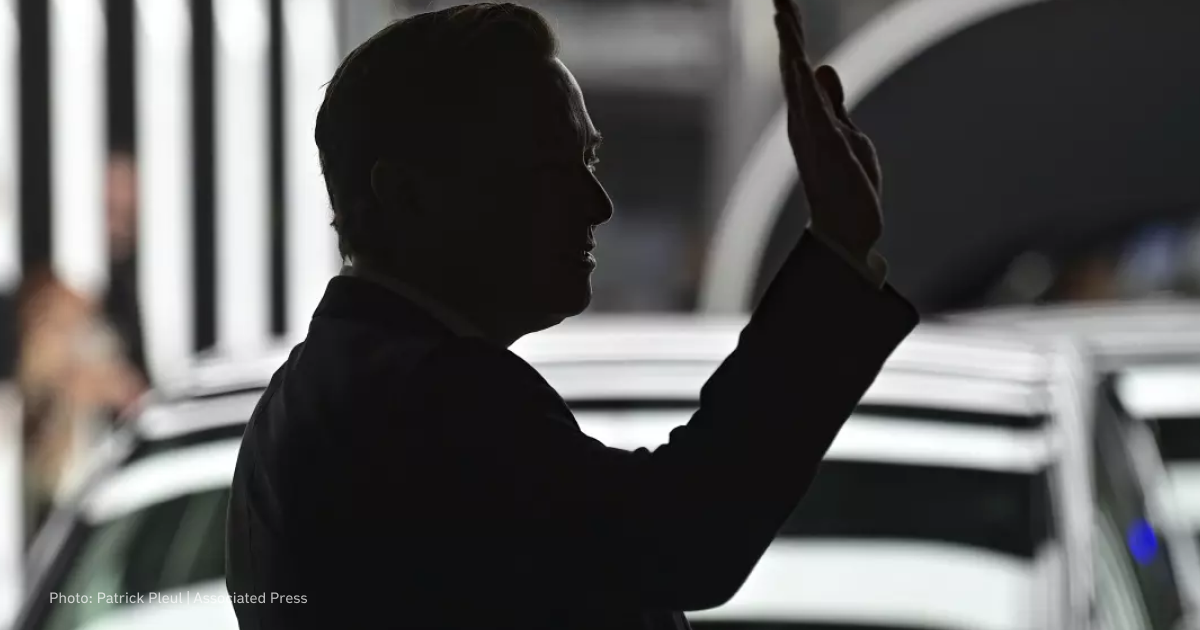
The EU issued a formal request for information to determine whether the platform complies with the Digital Services Act.
Following this, X's CEO Linda Iaccarino stated that the platform had removed hundreds of Hamas-affiliated accounts and had taken action to remove or label information about the attack.
Inability to complain about election disinformation
According to the research organisation Reset.Tech Australia, cited by Reuters, in September, X turned off the function of complaining about election disinformation.
The feature was introduced in 2022. It allowed users to report misleading political posts. Now, it is only available to users from the EU. However, complaints about the promotion of violence or hatred are still available worldwide.
The researchers noted that the feature was removed ahead of a referendum in Australia on constitutional changes to create an indigenous advisory body to parliament (this would have improved the situation with indigenous rights. Due to the long-lasting effects of colonisation and oppression, indigenous people are vulnerable to discrimination and mistreatment and are not able to participate in processes that affect their rights. Creating an advisory body to the parliament should improve the situation - ed. note) and in the run-up to the 2024 US elections.
Twitter Blue and disinformation
The Foreign Policy magazine writes that the chaotic introduction of the Twitter Blue subscription service has led to a wave of fake accounts with blue ticks.
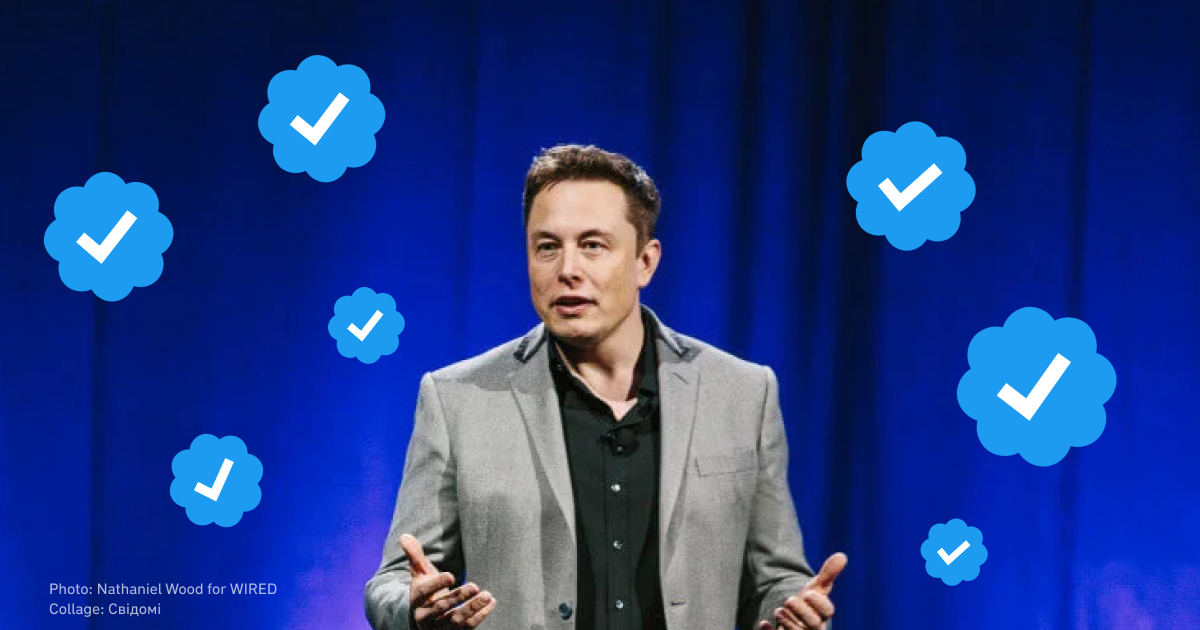
The New York Times reported that within 24 hours after Twitter changed the rules, at least 11 new blue-ticked accounts started pretending to be the Los Angeles Police Department.
The Twitter Blue accounts spread fake news, such as stories about organ harvesting in Ukraine and the use of weapons destined for Ukraine during protests in France.
"The new Twitter Blue system not only amplifies these messages on the platform, but also exploits what many users still perceive as a verification system in order to create an illusion of credibility,"
the publication reports.
In April 2023, X also changed its government affiliation rules, removing labels from government or affiliated outlets and ending the visibility filtering system that previously ensured that outlets would not be recommended or expanded.
X now algorithmically promotes state-affiliated media, including propaganda accounts from China, Russia and Iran.
The newspaper also accuses X of complying with hundreds of government orders to censor or surveil users in Türkiye and India.
"X has long been a source of information for journalists, as well as a source of news and current affairs for most users. However, Musk appears to be dismantling the foundations of the platform’s success—and destroying what little keeps social media resilient to information warfare," Foreign Policy notes.
Musk and Ukraine
Elon Musk has repeatedly made statements about Russia's war against Ukraine. For example, at an online discussion in X, he said: "We need to restore normal relations with Russia" and called the war a "hopeless situation".
In April, Musk refused to delete a post on X by Russian Security Council Deputy Chairman Dmitry Medvedev that "Ukraine will disappear". Users accused Musk of "not enforcing sanctions" against Russia at the time.
In June, X restricted the accounts of Ukrainians who talked about the explosion of the Kakhovka HPP. Such publications became invisible to foreign audiences: posts did not appear in the feed, and the accounts were hard to find.
According to Media Sapiens, some Ukrainian accounts received the "sensitive content" tag, which is hidden in the settings and has a "default" status.
At the same time, Musk published an episode of a video blog by former Fox News host Tucker Carlson, who called Ukraine a possible culprit in the Kakhovka hydroelectric power station explosion.

Restoration of Donald Trump's account
Donald Trump's social media account was blocked after his supporters attacked the Capitol on January 6, 2021. The move was made out of concern that the former US president would use the social network to incite violence.
Last November, Elon Musk conducted a poll on unblocking Trump's account. 51.8% voted in favour. A few hours earlier, Musk wrote that he had reinstated the accounts of several previously banned users, but there was no decision on Trump's account yet.
Donald Trump's account is currently visible to users. However, after being blocked, the former president does not update it, as he has moved to his personal social network, Truth Social.


